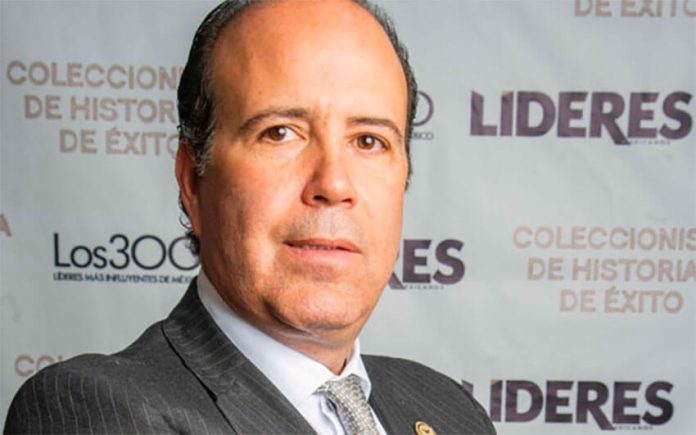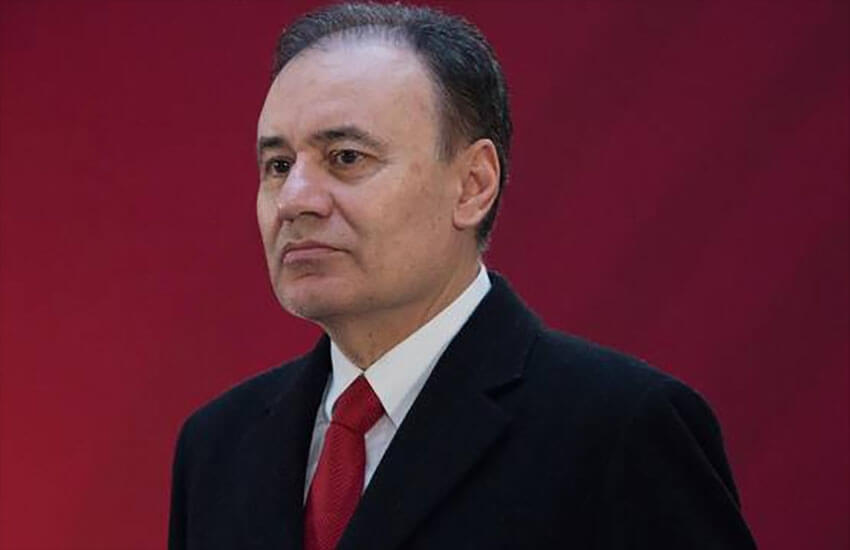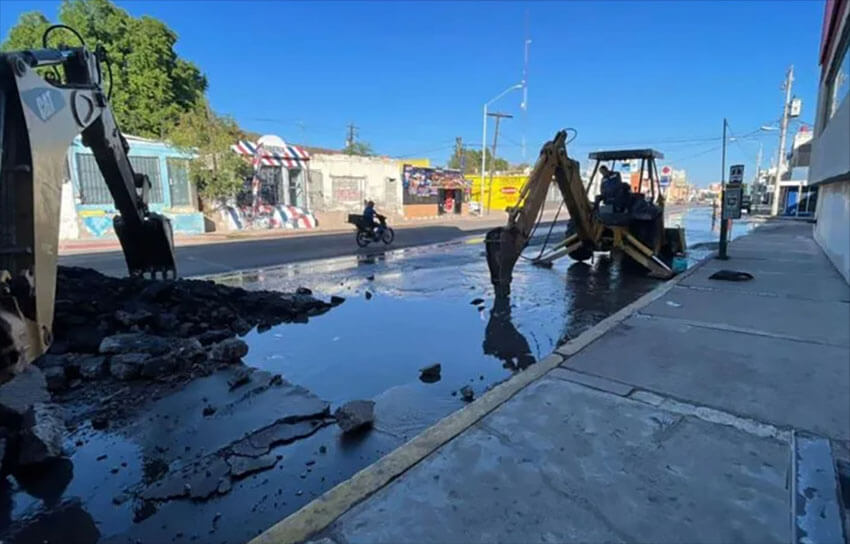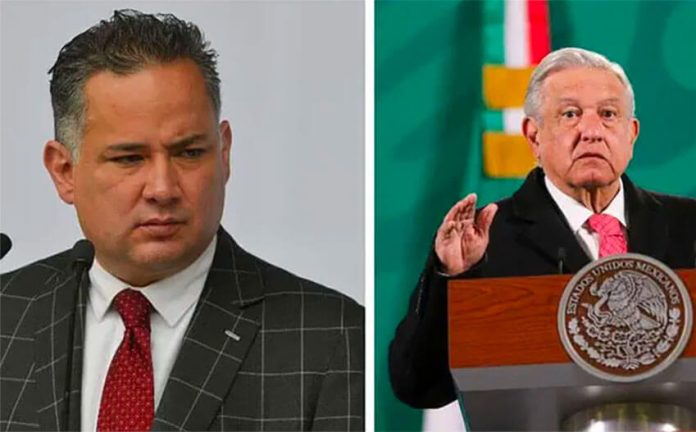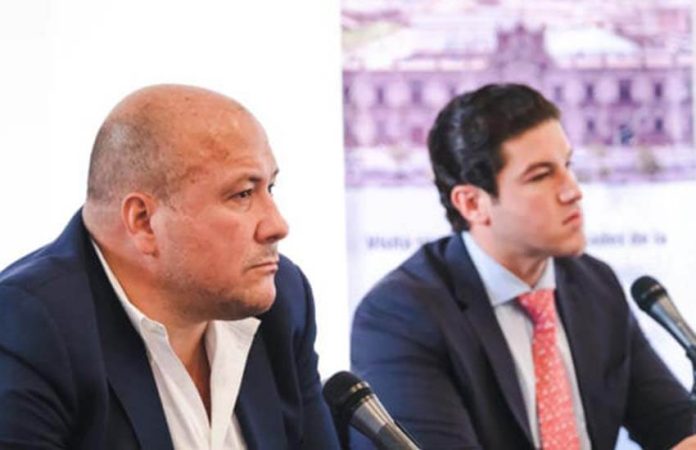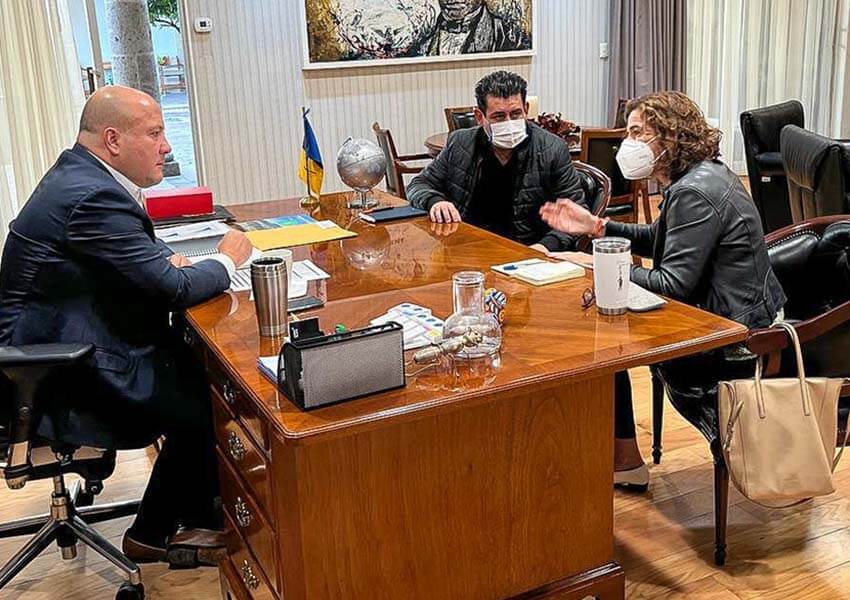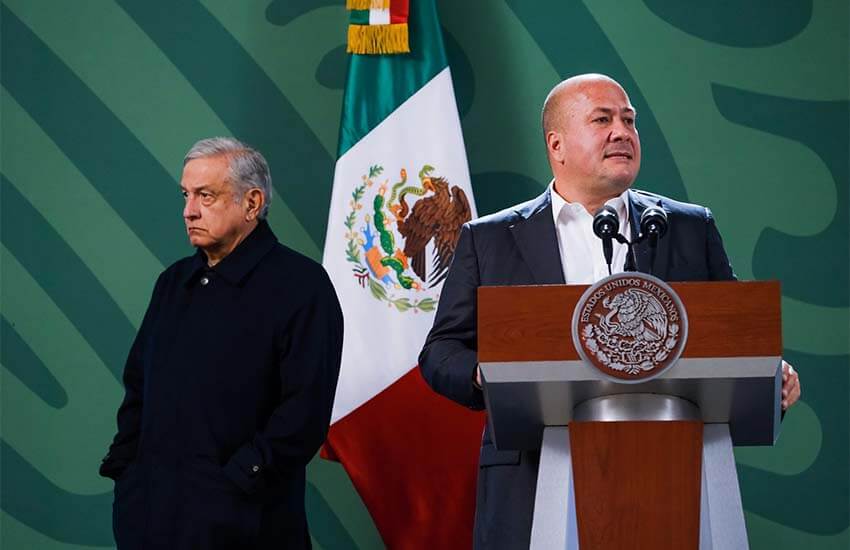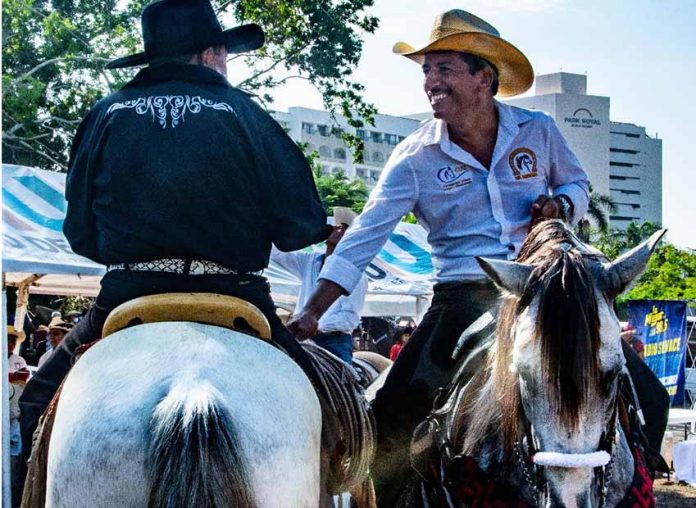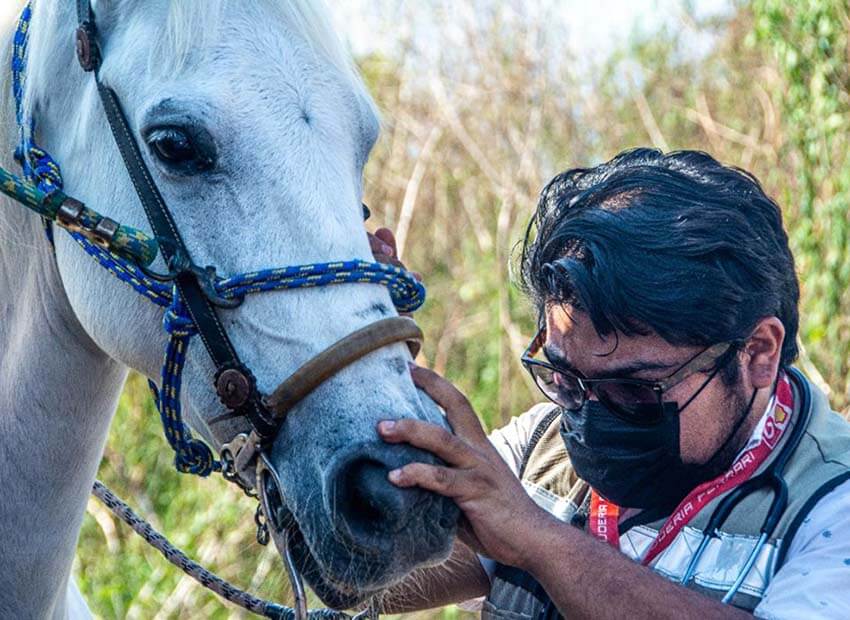A year after the pandemic led authorities in the city of Atlixco, Puebla, to cancel its famous Christmas lights walking tour, the Villa Iluminada (Illuminated Village), the tradition is back, and the city’s zócalo, streets and walls are once again strung with countless lights, attracting visitors from all across Mexico.
This is the 10th year of the event, which runs through January 9. In addition, there’s a Feria de Nochebuena, the Poinsettia Fair, where you can buy your live Christmas poinsettias, but that only runs through December 12.
According to Alejandro Pérez López at the city’s tourism office, one million people attended the event in 2019. Despite the ongoing pandemic, it’s expected to be well attended this year.
With a large crowd and narrow streets, social distancing simply isn’t possible, but there are precautions being taken to protect people’s health.
“Masks are required,” said Pérez. Also, at several stops along the way, hand gel is available.

The lights on the trees and buildings in Atlixco’s zócalo — including the municipal palace and the Natividad de Nuestra Señora church — are turned on around 5:30 p.m. each night. At 6:30 p.m., the Villa Iluminada begins.
From the zócalo, the route wends its way up Hidalgo avenue for a short distance, the street lit by colorful flowers hanging overhead, before continuing along 16 de Septiembre street. Don’t worry if you’re as directionally challenged as I am: the route’s well-marked, there are few turns and all you really have to do is follow the lights and the crowd.
Although the tour is mostly flat and easy, it’s a good idea to wear comfortable shoes and also to stay alert: most but not all of the route has been blocked off (although some motorcyclists chose to ignore this part) but the cross streets are open to traffic. There are police at most of the crossings, but not all drivers pay attention to them.
But it’s worth the little precautions: several of the streets have been turned into colorful tunnels with snowflakes, stars and bells hanging overhead. Just before the end, at a plaza named Plazuela de la Danza about halfway up Cerro de San Miguel (St. Michael’s Hill), there’s a large gingerbread house featuring an illuminated flower.
And for kids of all ages, in the Plazuela de la Danza, there’s a performance by Payaso Chimbombin Junior, a Mexico City-based clown group.
“Chimbombin is a character with Mexican humor,” said Jorge Alberto Guerra Moreno, the director and one of the performers. “The character was created … when I was four years old when — with my father, who is a clown — we started a comic clown duo.”

Guerra put “Junior” in his group’s name to honor his father. There are nine performers and technicians in the group. “There is juggling, tumbling and music in the show,” he said.
There’s also a bit of audience participation, so if you’re averse to that sort of thing as I am, it may be best to sit in the back.
“What I like [about audience participation] is that people dare to come … and they liberate their collective fears,” Guerra said. “I like the laughter.” There was plenty of that on the night I attended.
Strolling to the end of the Villa Iluminada takes a bit over an hour, and it’s easy to work up a thirst and an appetite. Fortunately, there are lots of options to satisfy both. It seemed like almost every other house along the route has turned a room into a small restaurant.
At a small stand in front of his house, Daniél Guillermo García was offering ponche (punch), a delicious hot drink that helps warm you as the temperatures dip during the night. García was initially reluctant to reveal his secret recipe. But after some gentle prodding, he did at least give up a list of ingredients, including guayaba, apples, tamarind, sugar cane, plums, raisins and lemon tea.
“You have to know how to prepare it,” he said, without elucidating further. “This is authentic ponche. The fruit is the most important part so that the ponche does not get watered down.”
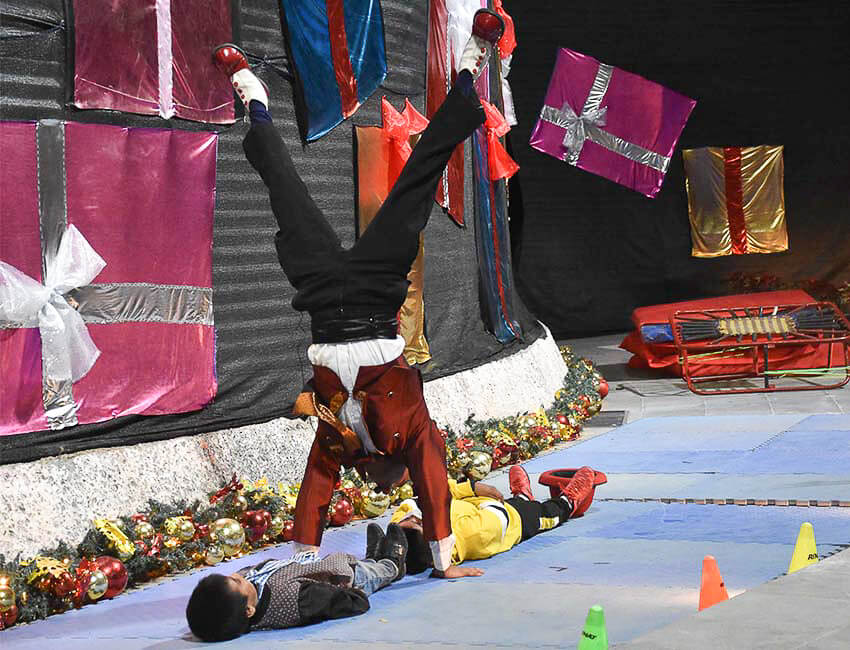
Another hot drink — my personal favorite — is chile atole, a thick soup made with corn meal, corn kernels, spices and pretty much any kind of chile the cook likes. The most popular choice in Puebla is probably poblano chiles, although serrano, jalapeño and chicuarote can also be used.
If, like me, you’re somewhat obsessed with chile atole — or just want to be able to try it — be sure to buy yours early: the first three stands I stopped at had run out by the time I wanted mine. Every family has its own recipe for ponche and chile atole, and it’s worth trying a few varieties. If you do, you’ll be happy to know that there is also a plethora of bathrooms available for a mere 5 pesos.
There are also plenty of options for heartier fare, with quesadillas, tortas (hearty sandwiches) and gorditas available along the way. My companion and I opted for tostadas, which cost a mere 25 pesos. Four tostadas and two ponches set us back US $7. The tostadas were so good, I ate a third. What the heck, I figured: Christmas is coming, and it’s time to prepare by overeating.
Despite the crowds, there have been few problems, possibly because of the significant police presence. “There is a police officer every 100 meters [a little over 300 feet],” said Max Saavedra, a local policeman working on his day off.
At this time of year, he and other municipal officers work double shifts, something he doesn’t mind too much. “This is good because I can use the extra money for Christmas,” he said.
A short distance from the zócalo, in the Convention Center, 17 plant vendors were displaying their poinsettias at the Feria de Nochebuena, with an estimated 18,000 plants. Vicente Nieto Castillo, owner of the Vivero Encanto nursery, sells 25 varieties. Red ones typically account for 75% of sales, he said. Although now primarily used decoratively, “in pre-Hispanic cultures, the nochebuena was used as medicine,” he said, explaining that it was also used for dye.
Atlixco, famous for its nurseries, produces about 1.5 million poinsettias.
In addition to bringing some much-needed Christmas cheer, the Villa Iluminada has a major economic impact on Atlixco: according to the state’s website, the event generates about 320 million pesos (US $15 million).
Be aware that there’s some confusion surrounding the event this year because there are actually two simultaneous events: the free Villa Illuminada tour starts in Atlixco’s zocalo and a different event called BrillaFest costs between 150 and 600 pesos (US $7 to US $30).
• The Villa Iluminada tour runs through January 9, open every day from 6:30 p.m. until midnight. The Feria de Nochebuena plant fair runs through December 12 and is open from 10 a.m. until 11:45 p.m.
• Payaso Chimbombin Junior’s performances take place Monday–Thursday at 7:30 p.m. and on Friday, Saturday and Sunday at 7 p.m. and 9 p.m.
Joseph Sorrentino, a writer, photographer and author of the book San Gregorio Atlapulco: Cosmvisiones and of Stinky Island Tales: Some Stories from an Italian-American Childhood, is a regular contributor to Mexico News Daily. More examples of his photographs and links to other articles may be found at www.sorrentinophotography.com He currently lives in Chipilo, Puebla.

